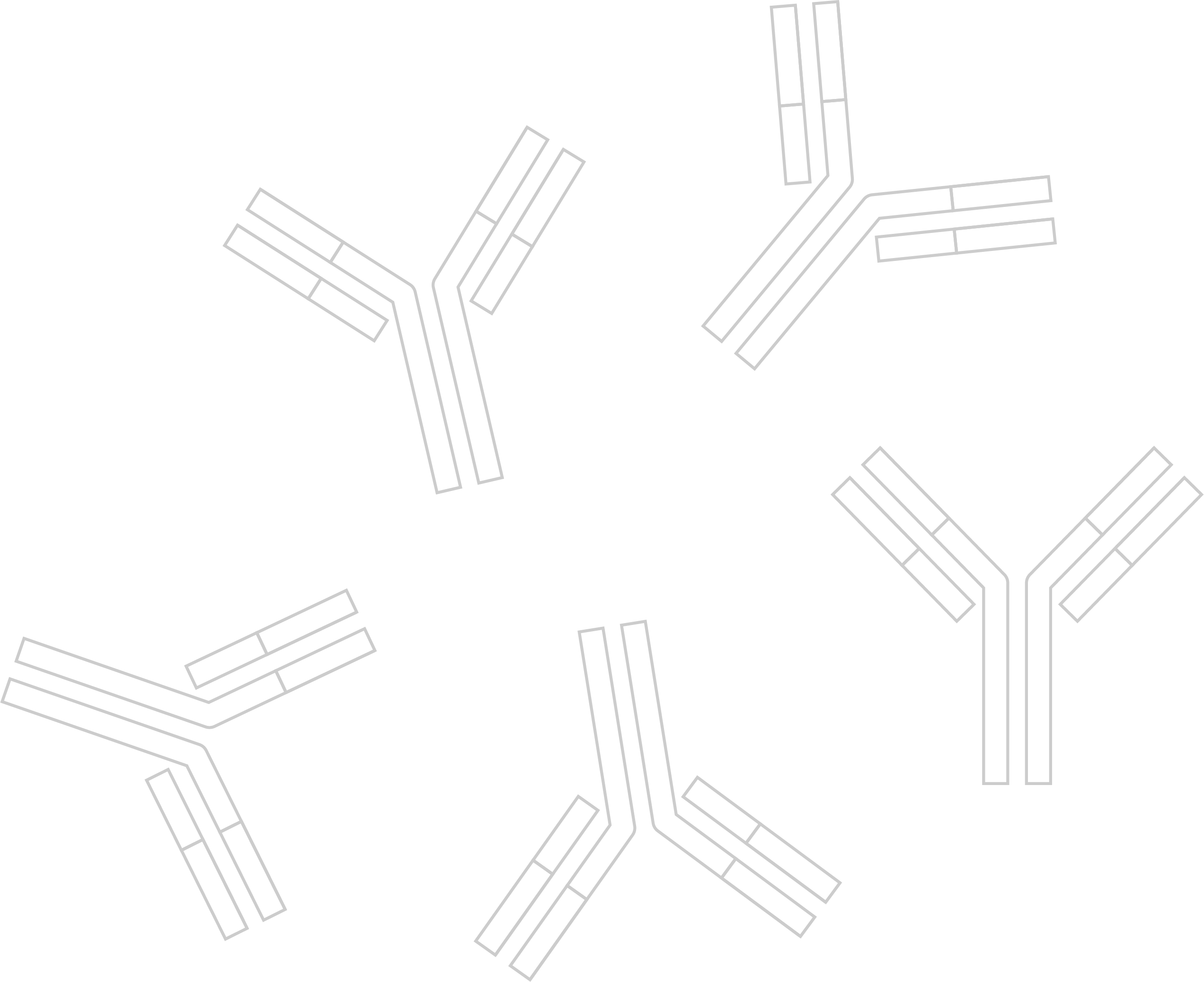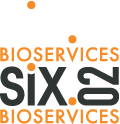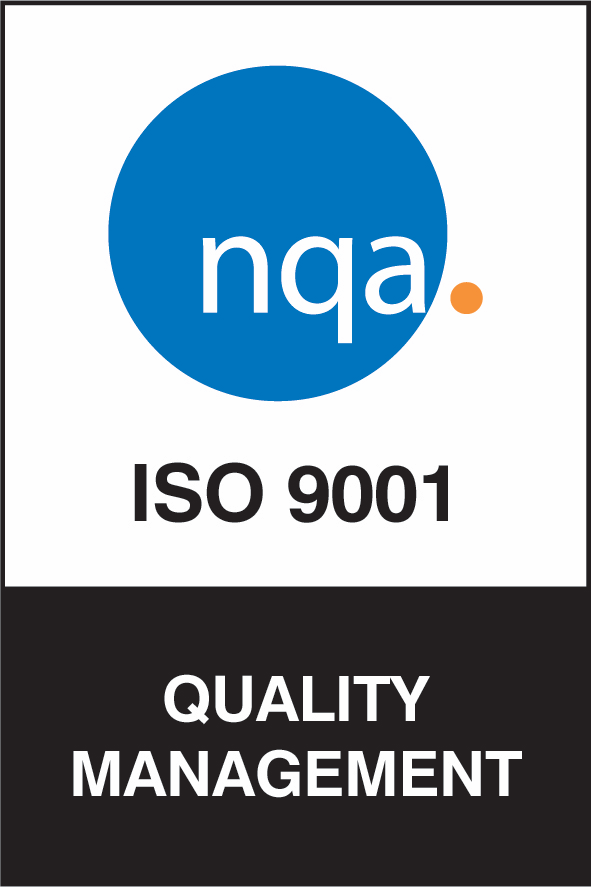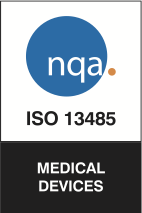- ServicesServicesEvery Kemp service is customized to meet the client’s specific needs and project specifications.Protein Expression ServicesAntibody ServicesProcess Development Services
- Work With UsWork With UsAll-encompassing client satisfaction is the Kemp team's top priority.FormsProject ApproachTimelines & DeliverablesQuality AssurancePolicies & Practices

- ScienceScienceWe are a quality-focused company committed to continually improving our systems and technologies.Our TechnologiesScientific Presentations

- AboutAboutKemp Proteins specializes in providing innovative solutions to protein expression problems.

- REQUEST A QUOTE
Scientific Presentations

ISBio Spring 2022 Conference | International Society of Bioprocess Technology
Title: “Complex Complexes: Glycoproteins, Oligomericity, and Instability Oh My!”
Presenter: Carter Mitchell, PhD
Track: Baculovirus Expression Technology
Date: March 14-16, 2022
Title: “Complex Complexes: Glycoproteins, Oligomericity, and Instability Oh My!”
Presenter: Carter Mitchell, PhD
Track: Baculovirus Expression Technology
Date: March 14-16, 2022
While many labs across the world were closed, we were working diligently to provide molecular tools, reference proteins and vaccine candidates to the scientific community. The real-time data capture of a pandemic as it unfolds was an exciting and terrifying time. Here we highlight the challenges of Process Development during periods with constrained supply chains, limited literature and fleeting targets. Specifically, the PD of an oligomeric target with the propensity to dissociate or aggregate will be discussed.

Webinar June 30, 2021: Exploring Modes of Mini & Midi-Scale Automated Purification using Protein A Affinity Capture (Sponsor/Host by: Purolite)
A free virtual event for the very latest innovations, insights and trends in downstream mAb processing. Join some of the most knowledgeable minds in both industry and academia to share ideas, challenges and solutions in the purification of monoclonal antibodies.
Join 6 thought leaders from all over the globe for an interactive combination of presentations and Q&A.
Speakers include: Bristol Myers Squibb, Repligen Corporation, Advanced Bioscience Laboratories Inc, Kemp Proteins, Claymore LLC and YMC ChromaCon AG.
Key Learning Objectives:
- Innovations in monoclonal antibody purification – column packing, process optimization, purity
- Advances in Continuous Chromatography
- Fusion protein capture
- Automated purification
Who Should Attend:
- Anyone involved in mAb purification / production of mAb therapeutics
- Specifically downstream processing
- Decision makers and chromatography users preferred, university staff and students also welcome

Webinar Nov 17, 2020: Leveraging Automation for High-throughput Clonal Selection. From Titer Estimation to Quantitative Binding Kinetics; How MicroScale Purifications Prevent Bottlenecks and Increase Success” (Sponsor/Host by IMCS)
In this webinar, we will walk you through the tools and techniques to help contract research organizations and pharma R&D scientists incorporate automated purification technologies for hybridoma clonal selection, which will feed into novel antibody discovery at a fraction of the time, cost, and effort of traditional micro-extraction approaches. Patented dispersive solid-phase extraction (dSPE) technology combined with the Hamilton robotics platform enables researchers to complete tasks that traditionally require significant ‘hands-on and sneaker time’ into walk-away micro-elution methods. From titer estimation to quantitative binding, we will show you how automated micro-purification with dSPE will allow scientists to focus more time on discovery and spend less time handling samples or programming automated platforms. Join Kemp Proteins scientists Carter Mitchell, Chief Technology Officer, and Joe Corvera, Director of Hybridoma Development, as they talk about incorporating these tools into their workflow to prevent bottlenecks and increasing success.
At the end of this webinar, participants will:
- Recognize potential bottlenecks in identifying micro-elution techniques to speed protein and antibody discovery through automation
- Identify the advantages of utilizing high-throughput design of experiment tools to reduce costs
- Gain an understanding of the dispersive solid-phase extraction technology
- Design harmonized workflows that benefit your pharma clients

PEGS Poster Presentation 2019 (Boston, MA)
Title: A rapid recombinant murine IgG productivity screen based on prepacked Protein A columns
Presenter: Chris Kemp, PhD
Track C4B: Optimizing Protein Expression
Session B: April 10–11, 2019
Title: A rapid recombinant murine IgG productivity screen based on prepacked Protein A columns
Presenter: Chris Kemp, PhD
Track C4B: Optimizing Protein Expression
Session B: April 10–11, 2019
The ability to produce milligram quantities of purified rIgG from transient mammalian expressions of multiple rIgG constructs is an important component of the selection process for antibody development. In our facility, screens of constructs containing variations in the amino acid sequence of the IgG variable regions typically contain 12-24 candidates and the production of 5-10 milligrams of purified protein from each construct supports the analytical processes required to select the candidates that will move forward in the development process. The performance of the 1 mL prepacked Protein A columns used in the purification of these antibodies is a critical factor in the process. In this study we compared the performance of three pre-packed Protein A columns with respect to binding capacity, elution profile, purity and throughput using a protocol using two flow rates 3 ml per min. and 5 mL per min. The columns SUPrA Cartridge, (BioRad), MabSelect Sure, (GE) and Protein A Capture Device, (Gore) were used to perform parallel purifications on aliquots of serum-free culture supernatant from 10 individual murine rIgG constructs. Expression was performed using HEK-293 cells co-transfected with heavy and light chain plasmids complexed with PEI. The culture supernatants were collected 120 hours post-transfection, filter sterilized and purified in parallel. Comparisons of the performance of the three Protein A capture systems will be presented.
For poster/presentation, please contact us at info@kempproteins.com

PEPTALK Poster Presentation 2019 (San Diego, CA)
Title: A comparison of three prepacked Protein A columns for use in screening productivity and protein characteristics in a group of murine recombinant IgG constructs
Track: Protein Purification and Recovery
Session 6B: January 15–16, 2019
Title: A comparison of three prepacked Protein A columns for use in screening productivity and protein characteristics in a group of murine recombinant IgG constructs
Track: Protein Purification and Recovery
Session 6B: January 15–16, 2019
The ability to produce milligram quantities of purified rIgG from transient mammalian expressions of multiple rIgG constructs is an important component of the selection process for antibody development. Screens of constructs containing variations in the amino acid sequence of the IgG variable regions typically contain 12-24 candidates and the production of 5-10 milligrams of purified protein from each construct supports the analytical processes required to select those constructs that will move forward in the development process. The performance of the 1 mL prepacked Protein A columns used in the purification of these antibodies is a critical factor in the process. In this study we compare the performance of three pre-packed Protein A columns with respect to binding capacity, elution profile, purity and throughput. The columns, KanCapA Protein A, (Pall), MabSelect Sure, (GE) and Protein A Capture Device, (Gore) were used to perform parallel purifications on 50 mL aliquots of serum-free culture supernatant from 10 individual murine rIgG constructs. Expression was performed using HEK-293 cells co-transfected with heavy and light chain plasmids complexed with PEI. The culture supernatants were collected 120 hours post-transfection, filter sterilized and purified in parallel. Comparisons of the performance of the three Protein A capture systems will be presented.
For poster, please contact us at info@kempproteins.com

PEPTALK Poster Presentation 2018 (San Diego, CA)
Title: Fundamentals of Baculovirus Expression and Applications
Presenter: Chris Kemp, PhD
Track: Biotherapeutic Expression and Production
Date: January 8–12, 2018
Title: Fundamentals of Baculovirus Expression and Applications
Presenter: Chris Kemp, PhD
Track: Biotherapeutic Expression and Production
Date: January 8–12, 2018
The baculovirus expression vector system (BEVS) is a major protein expression platform for the production of research and therapeutic grade proteins. BEVS supports the expression of proteins in both insect and mammalian cell hosts and the high efficiency and reproducibility of viral transduction allows the expression of difficult proteins. This presentation focuses on applications of BEVS for the expression of proteins and protein complexes in insect and mammalian cells.
For poster/presentation, please contact us at info@kempproteins.com

The Waterside Conference: Development and Production of Therapeutic Proteins (Norfolk, VA)
Title: A comparison of insect and mammalian cell-based expression platforms for the transient production of recombinant proteins
Presenter: Chris Kemp, PhD
Date: November 2018
Title: A comparison of insect and mammalian cell-based expression platforms for the transient production of recombinant proteins
Presenter: Chris Kemp, PhD
Date: November 2018
The transient expression of recombinant proteins in insect and mammalian cell-based systems is one of many critical factors driving growth in the field of biotechnology. The baculovirus expression vector system (BEVS) and plasmid-based mammalian cell transfection protocols have been refined to the point where the production of gram quantities of recombinant proteins is routine and timelines as short as 5-6 weeks starting from gene sequence are common. Each platform has its advantages and disadvantages related to productivity, protein stability and composition as well as process variability, timelines and cost. This presentation will provide a comparison of the two platforms using examples of their use in the production of virus-like particles, protein complexes and soluble proteins.
For poster/presentation, please contact us at info@kempproteins.com

ISBio Spring 2018 Conference | International Society of Bioprocess Technology
Title: PEI-mediated transient transfection of insect cells for the expression of recombinant proteins in stirred-tank bioreactors
Presenter: Chris Kemp, PhD
Track: Baculovirus Expression Technology
Date: March 5–7, 2018
Title: PEI-mediated transient transfection of insect cells for the expression of recombinant proteins in stirred-tank bioreactors
Presenter: Chris Kemp, PhD
Track: Baculovirus Expression Technology
Date: March 5–7, 2018
The baculovirus-mediated production of recombinant proteins in insect cells is a mature and robust platform. However, for certain applications, the presence of baculovirus in downstream process fluids presents numerous challenges to the successful purification of the protein of interest. The availability of expression vectors designed to support the transient transfection of insect cells provides a potential alternative to the baculovirus expression vector system (BEVS) in applications where baculovirus removal is an issue. In addition, transient transfection of expression vectors may be a more efficient way of screening multiple constructs in insect cell expression systems than the production of multiple baculovirus constructs. We have developed two transient insect cell expression vectors expressing either SEAP or a particulate antigen) and used them to investigate the expression performance of this system in SF9 and High-Five cells. Transient transfections were performed using PEI Max in shake-flask and stirred-tank bioreactors under varying conditions of cell density, temperature and length of incubation. The results suggest that transient transfection of insect cells may be used to produce significant amounts of protein in a rapid and baculovirus-free manner.

PepTalk 2016
Title: Baculovirus-mediated transduction of HEK-293 and CHO cells for the large-scale expression of recombinant immunoglobulin and virus-like particles.
Presenter: Chris Kemp, PhD
Track: Recombinant Protein Expression
Date: January 18–22, 2016
Title: Baculovirus-mediated transduction of HEK-293 and CHO cells for the large-scale expression of recombinant immunoglobulin and virus-like particles.
Presenter: Chris Kemp, PhD
Track: Recombinant Protein Expression
Date: January 18–22, 2016
Baculovirus constructs with mammalian promoters (BacMam) are efficient transduction agents for a variety of cell-lines. We report on the development of a large-scale protein expression platform using serum-free cultures of HEK-293 and CHO-S. Process optimization has increased productivity and rIgG expression levels have reached 140 mg/L at a scale of 10-liters. Influenza VLPs have been successfully produced using a tripartite BacMam transduction in shake-flask culture and in stirred-tank bioreactors.





